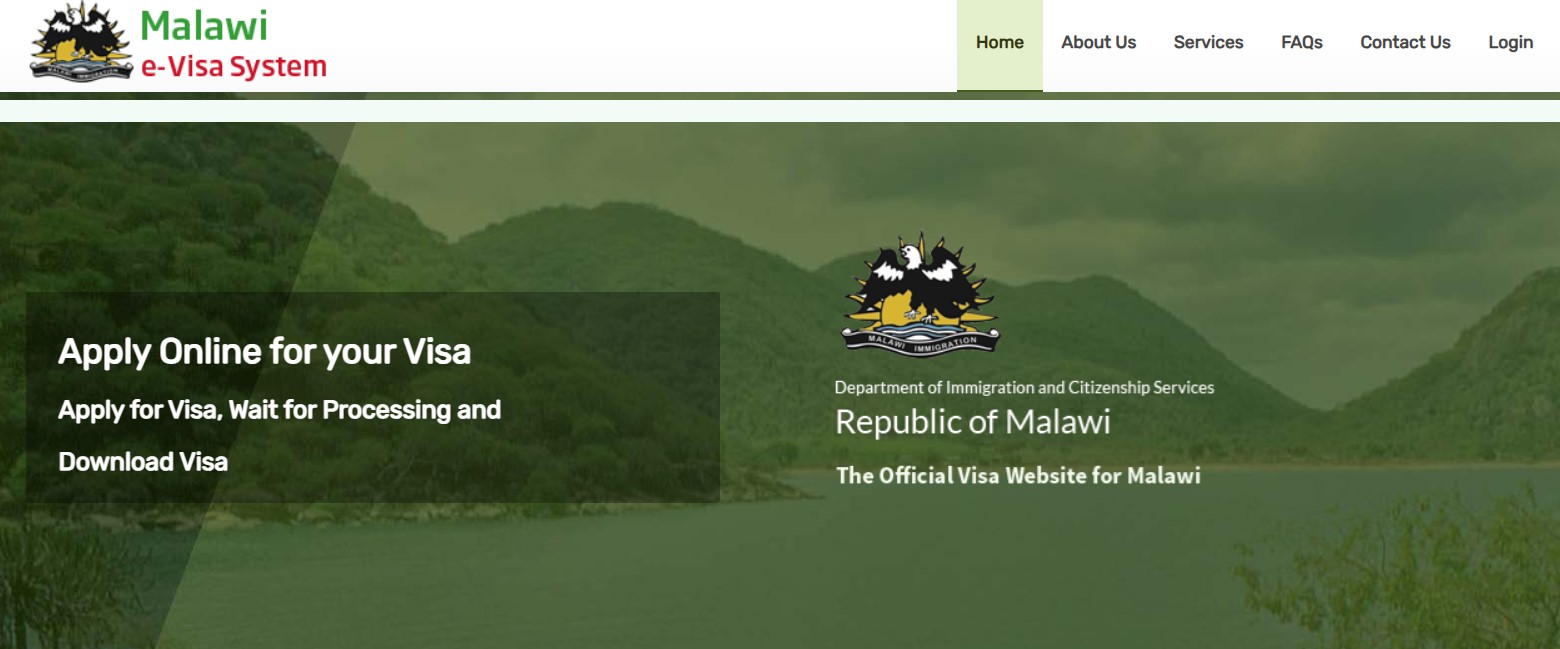Efficient communication and parcel delivery are vital for any country, and Malawi is no exception. The Malawi postal system has played a significant role in connecting people and businesses across the nation for decades. However, for many, understanding how this system works might seem like a daunting task.
This blog post aims to demystify the workings of the Malawi postal system, offering an insightful guide to its operations, services, and how to effectively use it for personal and business needs. Whether you’re a resident, an expat, or someone curious about Malawi’s communication network, this guide has you covered.
The Structure of Malawi’s Postal System
Who Oversees the Postal System?
The Malawi postal system is primarily managed by Malawi Posts Corporation (MPC), a state-owned entity responsible for providing postal and financial services. Its overarching mission is to facilitate communication and commerce by offering reliable and affordable services throughout the country.
Established under the Communications Act of 1996, MPC operates as both a service provider and a regulator. Its key objectives are to expand postal reach, promote innovation, and maintain high-quality service standards.
Post Office Network
Malawi boasts an extensive network of post offices that cater to urban and rural areas alike. There are over 180 post office branches distributed across the country, ensuring access to postal services even in remote areas. These branches serve as hubs for mail collection, delivery, and additional financial services such as money transfers.
Postal Zones and Addresses
Like many nations, Malawi divides its postal operations using postal zones. The country employs a postal code system to streamline sorting and delivery. While not universally used for every address in rural areas, postal codes play a crucial role in urban settings, enabling efficiency in mail distribution.
When sending mail to or within Malawi, always ensure to include the recipient’s full address, including the nearest post office, district, and postal code if applicable. This simplifies the sorting process and reduces delivery delays.
Key Services Offered by the Malawi Postal System
The Malawi postal system provides a wide range of services aimed at meeting both individual and business needs. Here’s a closer look at the key offerings:
1. Mail and Parcel Delivery
Mail and parcel delivery are core functions of the postal system. The service caters to both domestic and international deliveries, ensuring letters, documents, and packages reach their destinations promptly.
Domestic Mail
Domestic mail services are divided into standard and express options. Express services, known locally as EMS Malawi, prioritize speed and are ideal for urgent deliveries.
International Mail
Through partnerships with global postal networks and organizations such as the Universal Postal Union (UPU), the Malawi postal system offers seamless international mail delivery. Whether sending a letter to New York or a package to London, the system ensures global connectivity.
2. Financial Services
Beyond mail, the postal system serves as a financial lifeline for many Malawians, especially in rural areas with limited access to banks. Services include:
- Domestic and International Money Transfers
The MPC operates services like Postal Money Orders and Western Union for transferring funds within Malawi and globally.
- Bill Payments and Banking Solutions
Select post offices offer bill payment facilities for utilities and other essential services.
3. Agency Services
To diversify its offerings, Malawi Post has partnered with private companies to provide services such as airtime sales, insurance premium collection, and pension payouts through its post office network. These partnerships enhance the utility of post offices as community service hubs.
4. E-commerce and Courier Services
Malawi’s postal system is evolving to keep pace with digital trends. With the growing popularity of e-commerce, the system offers courier services tailored to businesses selling goods online.
Additionally, businesses can leverage the postal system for bulk mailing and logistics support, making it an essential partner for enterprise operations.
How the Mail Delivery Process Works
Understanding the flow of mail within the Malawi postal system can help set expectations for delivery times and ensure your mail is prepared correctly. Here’s a step-by-step breakdown:
Step 1: Drop-off and Collection
Mail is either dropped off at a local post office or collected from designated mailboxes. Individuals sending mail should properly address items and, where necessary, include a return address to ensure accountability.
Step 2: Sorting
Once collected, mail is transported to regional sorting centers. Here, postal workers use both manual and automated processes to organize mail based on its destination. Items requiring international delivery are forwarded to international mail exchanges.
Step 3: Distribution
After sorting, mail is dispatched to local post offices nearest the recipient’s address. Urban areas benefit from more frequent deliveries, while rural areas operate on scheduled delivery days.
Step 4: Delivery
Postmen or postwomen complete the final stage, ensuring items reach their intended recipients. Deliveries may occur directly to homes, businesses, or P.O. Boxes, depending on the recipient’s preferences.
Challenges Facing the Malawi Postal System
While the Malawi postal system is an invaluable national service, it is not without its challenges. These include:
- Infrastructure Limitations: Despite its extensive network, some rural areas remain underserved due to poor road infrastructure.
- Financial Constraints: Being a state-run entity, the postal system often grapples with budgetary limitations, affecting modernization efforts.
- Competition from Private Couriers: With the rise of private courier companies, the postal system faces stiff competition, especially in urban and international markets.
- Digital Disruption: Increased access to mobile phones and email has reduced reliance on traditional mail, requiring the postal service to innovate to stay relevant.
Efforts are, however, ongoing to address these challenges. Innovations like e-commerce support and partnerships with private entities are paving the way for a more resilient postal system.
Tips for Effectively Using Malawi’s Postal Services
- Double-Check Addresses: Ensure recipient addresses are complete and accurate, including postal codes when needed.
- Track Shipments: Use tracking options available for EMS and international deliveries for peace of mind.
- Use Proper Packaging: Securely package parcels to prevent damage during transit.
- Leverage P.O. Boxes: For reliability and privacy, consider renting a P.O. Box at your nearest post office.
- Explore Additional Services: Don’t overlook the financial services and partnerships available at post offices for bill payments, money orders, and more.
- Plan Mail Timing: If sending items internationally, account for customs processing and variable delivery times.
Why Malawi’s Postal System is Essential for the Nation
Despite the digital communication revolution, the Malawi postal system remains an indispensable tool. By offering services that transcend communication, including financial solutions, e-commerce support, and more, it serves as a lifeline for many Malawians while promoting national and global connectivity.
Your Next Steps
If you need reliable mail or courier services in Malawi, the postal system remains a trustworthy and affordable choice. Visit your nearest post office or explore their website to learn more about the services available to you.



